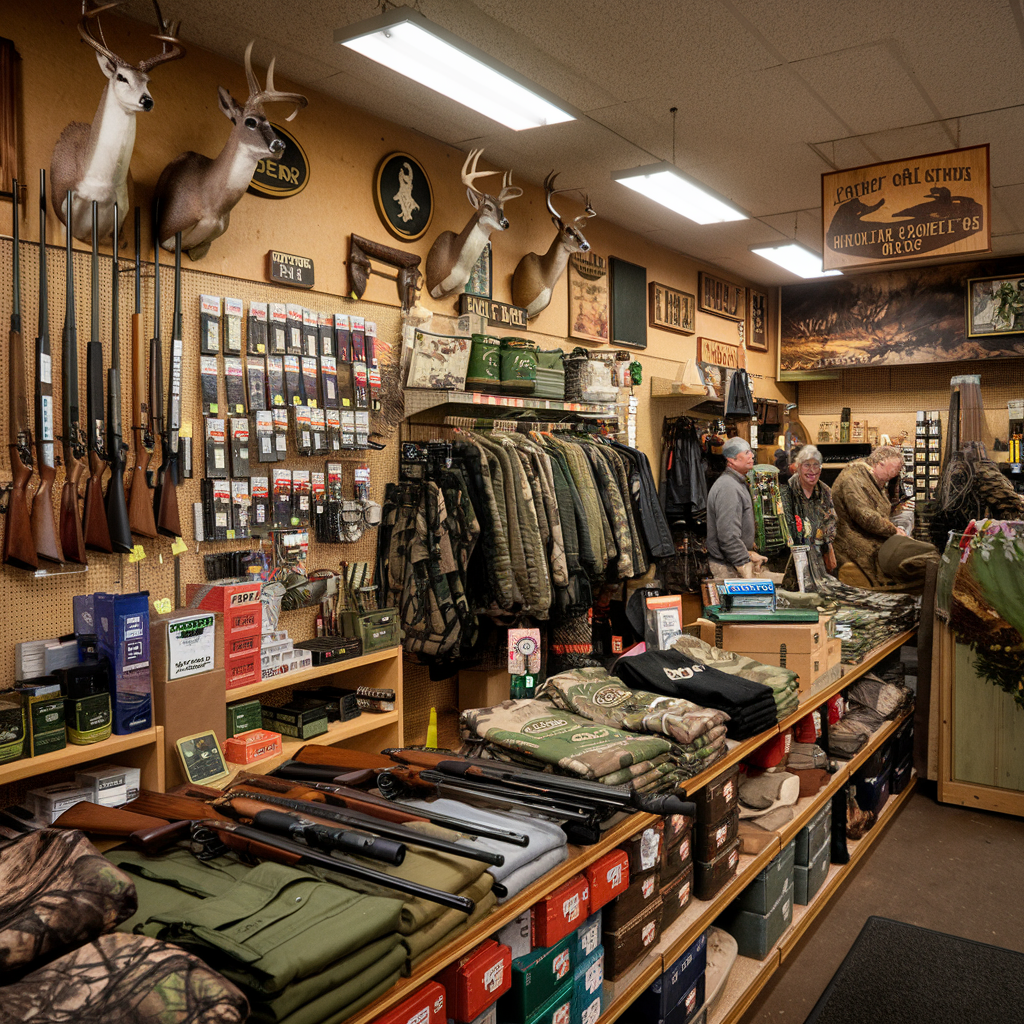The Economic Impact of Hunting on Rural Communities

Hunting has long been a part of rural culture, deeply interwoven with both tradition and survival. Beyond providing sustenance and recreation, hunting delivers significant economic benefits to rural communities across the United States. For areas marked by small populations and limited industries, the ripple effect of hunting drives local economies and fosters regional stability.
The Direct Financial Benefits of Hunting
For rural communities, hunting is more than a pastime; it is a financial pillar. Each year, hunters spend billions of dollars on equipment, licenses, lodging, food, and other necessities. This influx of money supports local businesses and contributes to state and federal tax revenues.
- Gear and Equipment Sales: Rifles, ammunition, scopes, clothing, and other gear generate significant sales among hunters.
- License Fees: Hunters purchase licenses and permits, directly funding wildlife conservation efforts and local government programs.
- Lodging and Travel: Visitors often stay in rural areas during the hunting season, boosting hotels, cabins, and campgrounds in remote regions.
For many stores and outfitters, hunting season is the most profitable time of the year. Small businesses, especially those specializing in outdoor gear or guided tours, often depend on the seasonal revenue generated by hunting visitors for a stable bottom line.
Job Creation and Sustained Employment
The hunting economy supports more than just retailers; it helps sustain employment in various industries. From guides and outfitters to butchers and taxidermists, hunting creates jobs that are critical to rural economies. Local restaurants, gas stations, and convenience shops also experience a noticeable uptick in business during the season as hunters frequent these establishments.
State agencies also play a role, hiring individuals to manage conservation programs funded by hunting-related revenue. Wildlife biologists, game wardens, and other personnel rely on these funds to sustain their careers. These positions not only ensure healthy wildlife populations but also maintain the natural beauty of rural regions, further promoting tourism and hunting activities.
Conservation Funding Through Hunting
While often overlooked, hunting plays a vital role in funding conservation initiatives. In fact, hunters are among the largest contributors to wildlife conservation projects across the country. How does this funding work? A significant portion comes through excise taxes applied to firearm sales under the Pittman-Robertson Act, as well as from funds raised through license fees.
These dollars are reinvested into wildlife management programs, habitat restoration, and public land access. Healthy wildlife populations and well-maintained ecosystems attract more hunters, creating a positive feedback loop that benefits not only hunters but the broader community as well. For rural communities, this ensures thriving natural resources that can sustain multiple forms of outdoor recreation.
Cultural and Social Benefits
Beyond the dollars and employment, hunting fosters a sense of community in rural areas. Hunting traditions are often passed down through generations, strengthening family bonds and shared purpose. Seasonal hunting trips bring communities together for events and fellowship, while forging relationships and networks rooted in shared respect for the outdoors.
This connection to tradition encourages residents to remain in or return to their rural hometowns, preserving local heritage and culture. Retaining populations in these areas helps maintain schools, churches, and other important institutions, positively impacting community stability.
Practical Examples of Hunting Economics
Take, for instance, a small town in the Midwest during deer season. Gas stations report higher sales as hunters fill up their trucks before heading into the woods. Local diners see steady morning crowds looking for coffee and a hearty breakfast. Vendors at outdoor expos sell everything from camouflage apparel to knives, increasing their annual revenue substantially.
Guides serving out-of-town hunters generate thousands of dollars in income while showcasing the best outdoor routes and resources. At the same time, meat processors benefit from extra business as hunters bring in their harvest for butchering. The financial cycle touches nearly every corner of the community, creating a system where everyone benefits.
Challenges and Considerations
While hunting delivers economic benefits, challenges remain. Wildlife population management is crucial to maintaining ecosystem balance. Overhunting can strain natural resources, potentially diminishing long-term economic opportunities. It is up to state agencies and responsible hunters to ensure sustainable practices continue.
Access to private and public hunting grounds is also a concern. As urban development expands, it encroaches on land previously used for hunting. Communities must balance growth with maintaining the rural charm and natural resources that draw hunters in the first place.
Building Community Through Economic Growth
The economic impact of hunting on rural communities cannot be understated. From creating jobs and supporting local businesses to funding conservation and preserving cultural traditions, hunting sustains and uplifts countless towns and regions nationwide. Rural communities that embrace sustainable hunting practices stand to gain not only economically but as thriving, tight-knit communities with rich traditions.
For readers of 2AGun.com, the takeaway is clear: hunting is not just about the individual experience or the thrill of the hunt. It is about contributing to something much larger—a way of life that ensures economic vitality and cultural preservation. Whether heading out on your first hunt, guiding others, or supporting local businesses, remember that you play a vital role in shaping rural economies and protecting the natural world for future generations.
Take Action to Support Rural Hunting Economies
Hunters can take steps to maximize their positive impact on rural communities:
- Choose locally-owned businesses for gear, lodging, and meals whenever possible.
- Commit to ethical hunting practices and follow all licensing regulations to support conservation programs.
- Engage with state and local wildlife agencies to learn how you can further contribute to sustainability projects.
By actively participating, you can help ensure that hunting remains a key contributor to rural economies and a cherished way of life for generations to come.



